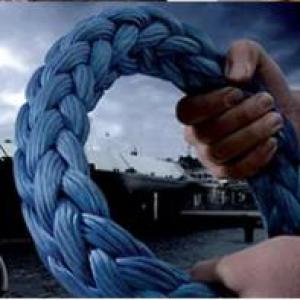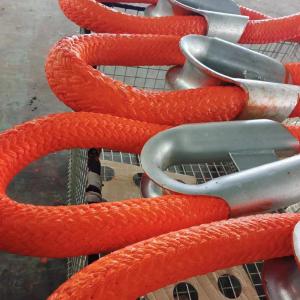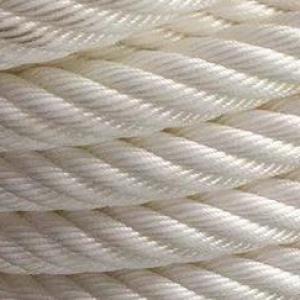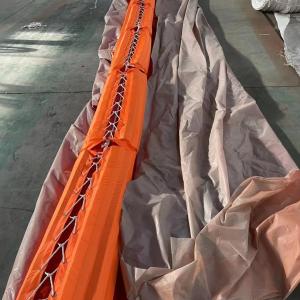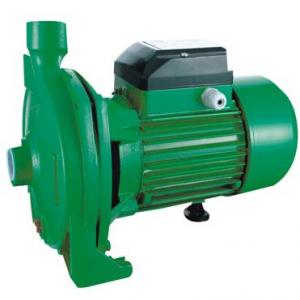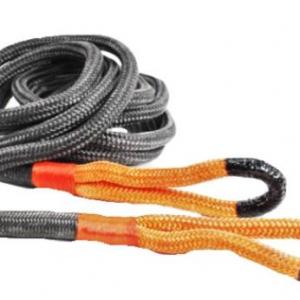Character of different material of marine ropes
marine ropes are essential tools for boats and ships for anchoring, towing, and lifting. There are different materials used in making marine ropes, each with their own unique set of properties that determine their suitability for specific applications. In this article, we will discuss the characteristics of different materials used in making marine ropes.
Polypropylene ropes:
Polypropylene ropes are known for their lightweight and easy-to-handle nature. They are popular for their ability to float in water, making them ideal for use as floating lines or water rescue ropes. They are also resistant to mildew, rot, and most chemicals, which makes them an excellent choice for use in marine environments. However, they are not as strong as other materials and can weaken when exposed to UV light.
Nylon ropes:
Nylon ropes are strong, durable, and stretchy, making them ideal for mooring and anchoring applications. They are also resistant to abrasion and UV light and do not absorb water, which helps maintain their strength in wet conditions. However, their stretchiness can make them less precise for certain applications, and they can be heavy and difficult to handle.
Polyester ropes:
Polyester ropes are strong, durable, and resistant to UV light and abrasion. They do not absorb water, making them an excellent choice for use in wet conditions. They are less stretchy than nylon ropes, which can make them more precise for specific applications. However, they can be more expensive than other rope materials.
dyneema Ropes:
dyneema is a high-strength synthetic fiber that is lightweight, abrasion-resistant, and has a high breaking strength. It is stronger than steel and does not stretch, making it ideal for use in lifting and towing applications. However, it can be more expensive than other materials, and is more difficult to splice.
Manila Ropes:
Manila ropes are made from the fibers of the abaca plant and are known for their strength, durability, and resistance to abrasion. They are also resistant to UV light and do not stretch, making them an excellent choice for mooring and anchoring. However, they are susceptible to rot and mildew and are not as strong as synthetic ropes.
In conclusion, the choice of the type of marine rope material to use depends on the specific needs of the application. Polypropylene ropes are ideal for floating lines and water rescue, nylon ropes are perfect for anchoring, and polyester ropes are excellent for wet conditions. dyneema ropes are ideal for lifting and towing, while Manila ropes are great for mooring and anchoring. Always consider the properties of the different materials to determine the most suitable one for the specific marine application.
